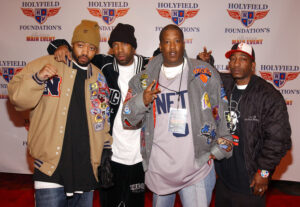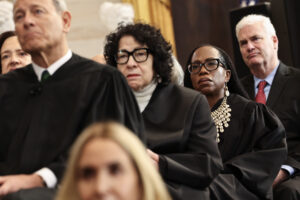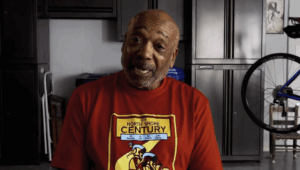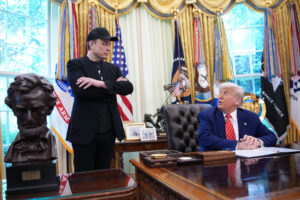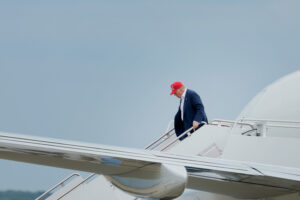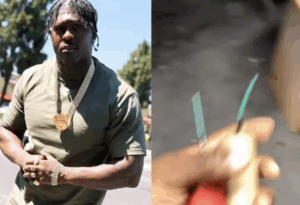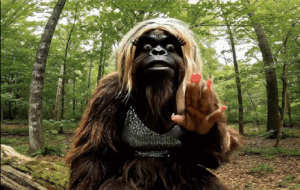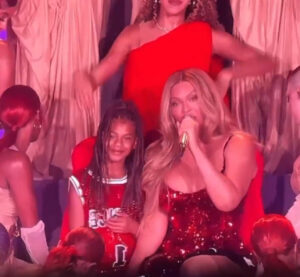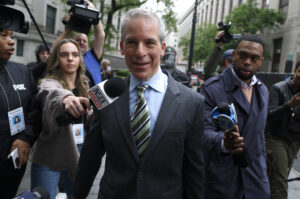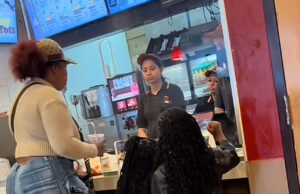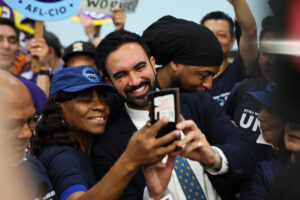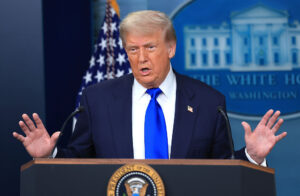From humble beginnings in rural Georgia to one of the highest-profile, but mystifying candidates for the U.S. Senate in recent memory, Herschel Walker’s is one interesting journey.
Suggested Reading
Early Life

Herschel Walker was born March 3, 1962 in Wrightsville, Georgia, a small, rural town about two-and-a-half hours southeast of Atlanta. Always a gifted athlete, he starred in football, basketball and track. He earned the now-discontinued Dial Award for his school athlete of the year in 1979.
A record run at UGA

In 1980, Walker entered college at the University of Georgia where he quickly made his mark at the top running back in the school’s history. In 1980, he set a then NCAA record for rushing yards by a freshman. He was the star of a 1981 team that won college football’s national championship and went on to win the Heisman Trophy in 1982. But despite all his on-field accolades, Walker never completed his studies at UGA, a fact that would later give birth to another of his factual distortions on the campaign trial that he had graduated at the top of his class.
Choosing the USFL over the NFL

Walker left UGA in 1982 as the USFL, a fledgling competitor to the NFL, was just getting off the ground. While the NFL was bigger and more established, the USFL had an advantage in luring a young star who wanted to make his money right away: it didn’t require draftees to have completed all four years of college or wait for their classmates to do so. Walker opted for the USFL’s New Jersey Generals, which would turn out to foreshadow the most consistent and important business and political relationship of his life.
Start of a lifelong friendship

That friend was Donald Trump. At the time, Trump was already the bombastic talker we know today, but he had nowhere near the national profile. In New York, he was known as a brash real estate developer who overtalked his own deals. After the 1983 season, though, Trump bought the Generals and Walker ended up as a lot than his employee.
NFL Glory

By 1985, the USFL was defunct and Walker needed a new home. He was drafted by the Dallas Cowboys but didn’t start playing until 1986. After two years in the backfield with a fellow Heisman winner, Tony Dorsett, the Cowboys traded Walker to the Minnesota Vikings in what became one of the most famous personnel moves in NFL history. Walker went on to play 11 more seasons in the NFL, with the Vikings, Eagles, Giants and Cowboys again, but his fortunes in the NFL never reached the heights of players like Emmett Smith and Darren Woodson, that the Cowboys would ultimately receive as a result of the trade. Walker also never got a Super Bowl ring.
Retirement from football

After walking away from football, Walker kept a relatively low profile, living between Georgia and Texas, marrying and divorcing, becoming a public speaker but never losing his zeal to compete as an athlete. That led to a brief stint in the early 2000s as an MMA fighter. It was also during these quiet years that some darker chapters took place, including allegations of domestic violence and struggles with his mental health.
Remember this guy?

It’s not clear at what point Walker developed an interest in politics, but he had remained a close friend of Trump over the years. While other Black folks bristled at the open racism of Trump’s campaign for president, Walker publicly supported his friend, and Trump would return the favor in the years to come.
Washington bound?

As Trump’s star rose, Walker appeared more visible in the political world back in his native Georgia. To conservatives in the state, he was an antidote to ascendant Black political voices like former Atlanta Mayor Keisha Lance Bottoms and current Democratic gubernatorial nominee Stacey Abrams. In 2021, he announced his intention to run for the U.S. Senate seat currently held by the Rev. Raphael Warnock, who pastors Atlanta’s famed Ebenezer Baptist Church. In a crowded GOP primary for the seat in May, Walker easily beat his competitors with Trump’s support.
Straight From 
Sign up for our free daily newsletter.




